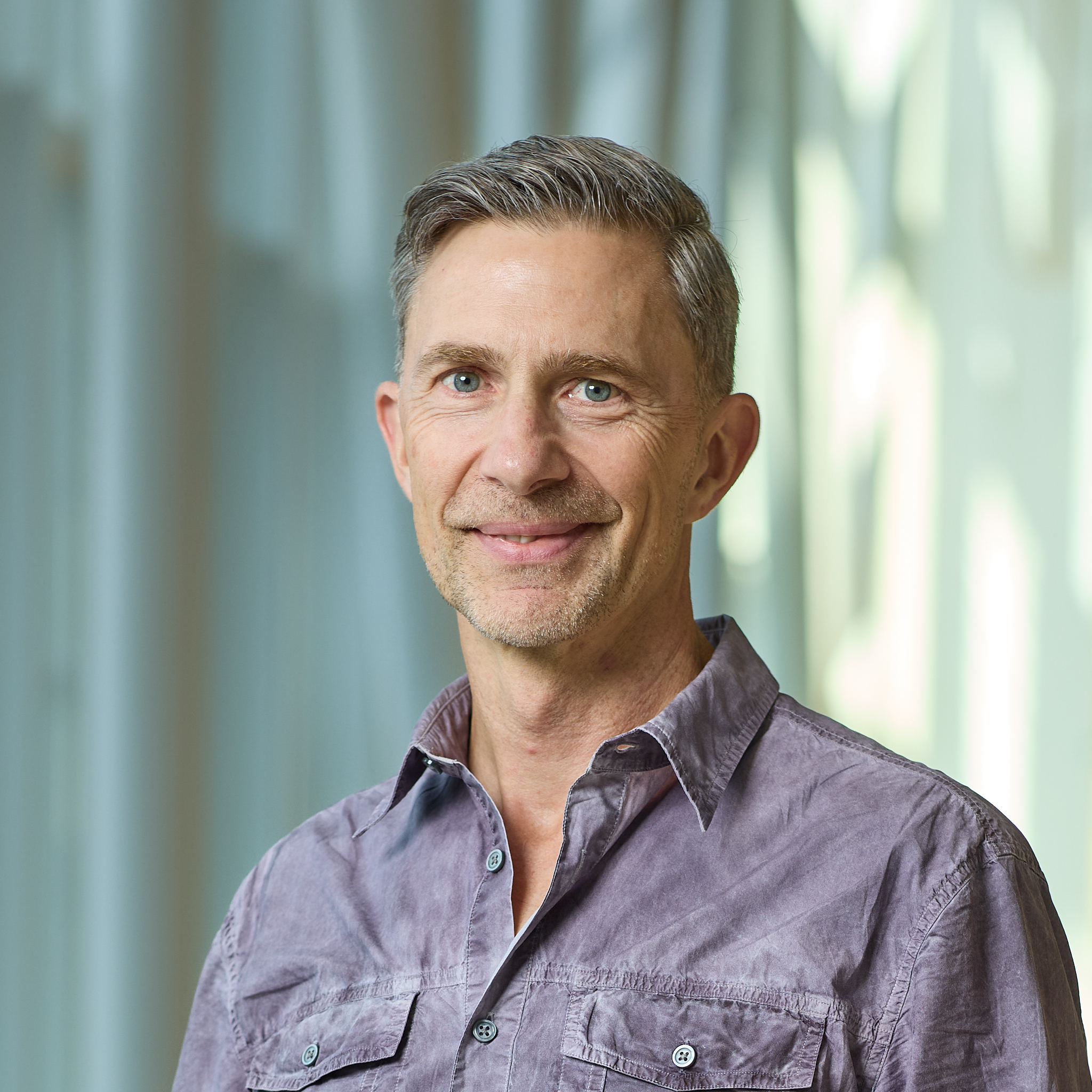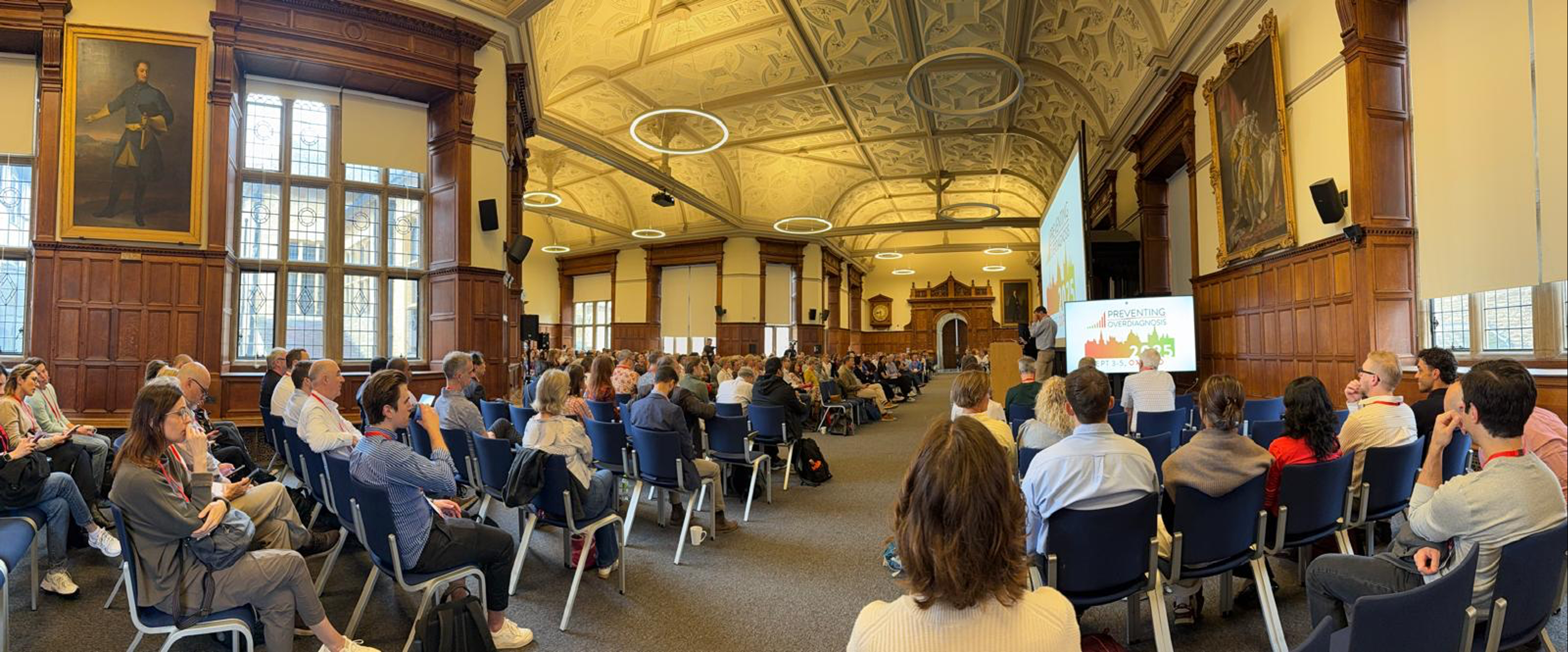Trevor Corson
Role in FICEBO
Science Writer & Adjunct Researcher
Academic/clinical role
Instructor of Communication for Scientists
Degree
Who are you?
Originally I'm a literary journalist and book author. I started my career in the U.S. at The Atlantic Monthly magazine in Boston. Writing for The Atlantic and other American newspapers and magazines, I was drawn to stories about science and medicine. In college I'd had some basic but inspiring science education, and mid-career I decided to go back to school to get more training at Columbia University in New York City, where I completed a master's degree in non-fiction writing and a graduate certificate in philosophy of science. I then taught in Boston University’s graduate program in science and medical journalism and in Columbia University’s graduate writing program, with a focus on science and medicine.
In 2018 I moved to Finland, and have now been teaching PhD students in the sciences at the University of Helsinki Doctoral School, where we practice ways to integrate storytelling approaches with science-writing projects. With support from Finland’s Kone Foundation, I've also founded and now direct NeuWrite Nordic, a branch of the international writing group NeuWrite, which brings together scientists and creative writers to workshop drafts of each other's science writing aimed at the general public.
What is your role in FICEBO?
I run an in-house writing course for FICEBO members, and I help FICEBO members conceptualize and fine-tune the narrative focus of their scientific research reporting. In addition, I conduct some research and writing myself, including on the intersection of scientific methodology and philosophy of science.
Favorite part of your job?
How much I learn from working with FICEBO—I’m getting an insider’s education in medical science. It's a field that contains more variety and nuance than I think is generally appreciated in the media and in public discourse.
Why did you decide to enter your field?
Becoming a writer happened for me naturally because I was always interested in hearing different people’s perspectives, learning about what they do, and trying to transform that raw material into a story. But after I became a journalist, it was one of my editors at The Atlantic who encouraged me toward writing about science, and after that I was hooked. Then, when I also became a teacher of writing, I discovered there is a huge demand among scientists and medical researchers for skills that can help them communicate with colleagues in other disciplines, with various non-scientist stakeholders, and with the general public—skills that are not typically part of their training.
Who/What inspires you?
During the early years of my career, a new generation of science journalists arose, particularly in the U.S., who created a fresh genre of literary writing about science, grounded in rigorous investigative reporting. They wrote with the narrative techniques of novelists and even the metaphorical and lyrical expressiveness of poets, but used those skills to write non-fiction, reporting the hard facts of scientific process and evidence—writers such as James Gleick, Diane Ackerman, Jonathan Weiner, Deborah Blum, and Shannon Brownlee. This hybrid literature reached wide popular audiences, and its impacts included educating the public, holding scientists to account, and sometimes even advancing the progress of science itself. Those writers remain some of my professional heroes.
The most interesting article you’ve read recently?
While working on a FICEBO project, I recently encountered a short article published a decade ago in Nature that had nothing to do with medicine—the article was actually about particle physics and cosmology. It was called "Hide results to seek the truth" by Robert MacCoun and Saul Perlmutter. They explained how in some fields of physics, and even in some areas of social science, scientists purposefully blind themselves to their own data, so they can see only the patterns, but not the specific content of what's what. When analyzing the results of investigations, the goal of this approach is to take the scientist's own preconceptions out of the picture. This, in turn, can open up greater objectivity, originality, and even freedom when seeking answers to questions. When I read it, I wondered if journalists should try something like this, too!
Your favorite book and why?
Many books have been important to me, but one of the most helpful for thinking about science is almost too obvious to mention: Thomas Kuhn's 1962 classic work, The Structure of Scientific Revolutions. Although now perhaps a bit dated, Kuhn's basic insights about how scientific paradigms evolve and shift over time is essential to keep in mind when trying to evaluate almost anything that's happening in the world of science, even today.

Posts by
Trevor Corson
Stay up to date
Follow FICEBO on social media to stay in the loop with our latest updates.



